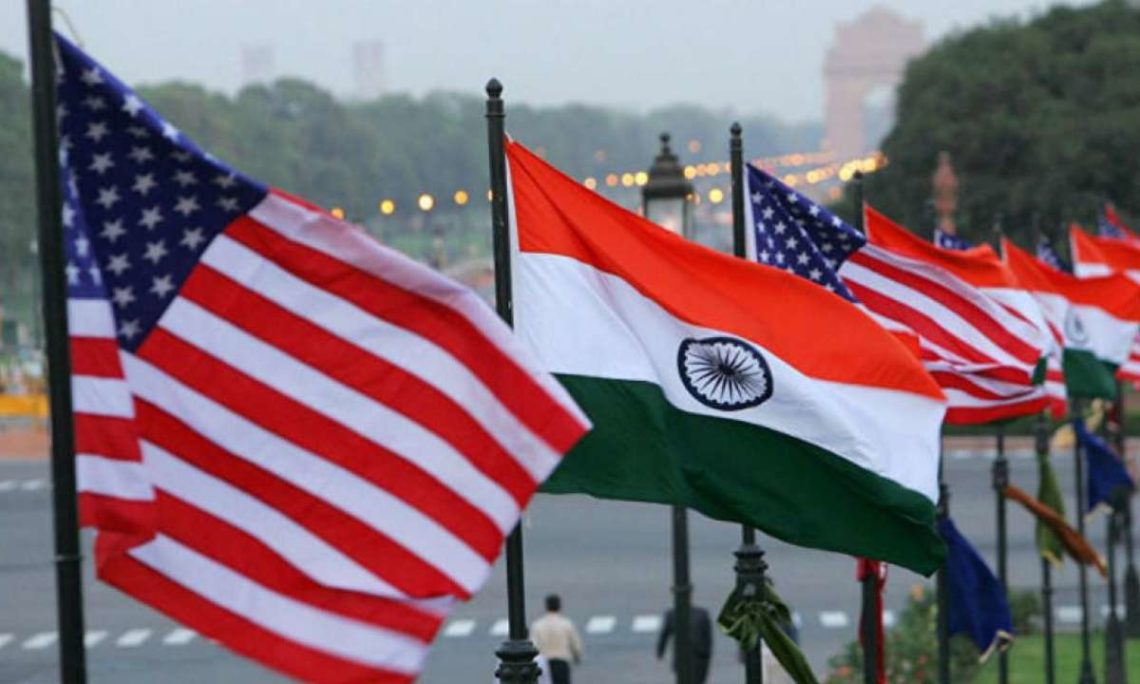Indian companies are eyeing US markets to cash in on the SPAC boom as local laws restrict the country’s own sector. Nevertheless, challenges still prevent retail investors and business promoters from benefiting
(AF) Indian blank-cheque companies with a potential $15 billion to invest in local startups are looking to list in the US to avoid onerous domestic IPO rules.
The unnamed sponsors are poised to create special purpose acquisition companies (SPACs) to help them list in the next three years, Rajbikram Nayar, Managing Director of New York-based Ontogeny Capital, told Asia Financial. They’re vying to join three other Indian-focused SPACs with a combined firepower of almost $1bn that have reportedly filed for an American flotation.
India offers rich pickings for SPACs. It has at least 100 “highly-valued, as-yet unlisted” unicorns — start-ups worth more than $1 billion — with a combined market capitalisation of $240bn, according to Credit Suisse estimates. But a punitive capital gains tax and investment regulations at home are forcing the investment vehicles to look overseas.
“Mergers with an Indian company works well when all the shareholders of the acquiring company are foreign, but problems arise when the acquiring company has a mix of Indian and foreign shareholders,” said Nayar, an adviser on mergers and acquisitions, mezzanine financing, leveraged buyouts, and management buyouts. “For such shareholders, rolling over the equity in a merger becomes a taxable event and often, the high rate of tax deters Indian shareholders to go ahead with merger.”
First Past the Post
India jumped on the SPACs bandwagon last year with the announcement that Walmart was exploring the SPACs route to take its Indian online retailer Flipkart public in the US. Analysts estimated the deal’s enterprise value at $35bn.
In February Softbank-backed online grocer Grofers too was reported to be mulling a merger valued at more than $1bn with a SPAC listed by New York-based Cantor Fitzgerald. And in March, renewable energy firm ReNew Power agreed to merge with a US-listed SPAC at an enterprise value of $8bn.

According to a report in the Business Standard, three Indian-backed SPACs are looking to list in the US. International Media Acquisition plans to raise $230 million, including a “greenshoe” option to increase the target, Seven Islands is aiming for $345m, and Think Elevation Capital Growth Opportunities hopes to pick up $225m, the Business Standard wrote.
International Media Acquisition’s sponsor, a former CEO in the entertainment industry, is already committed to buying shares worth more than $7m. He is also backed by a couple of leading producers from the Hindi film industry, according to the report. This SPAC will target Indian companies with an enterprise value of $150m-500m in television and digital content, gaming, exhibitions, and subscription-TV distribution.
Seven Islands, which was set up by a former Star India CEO and media mogul Rupert Murdoch’s son James, has a broader focus, on consumer technology, health care and education. It’s looking to merge with companies in South and Southeast Asia, with a particular focus on India, the newspaper reported.
Think Elevation Capital’s sites are set on Indian tech companies listed in the US, the Business Standard wrote. Global Consumer Acquisition, which has already raised $170 million but trading at a discount, is targeting Asian companies with market capitalisations of $500m-$1bn, with a focus on India and China, the report stated.
Local Listing Deterrent
Local regulations are driving SPAC backers to look overseas.
While the investment vehicles can trade on the country’s two stock exchanges – the BSE and NSE – they must have been listed for 24 months before they can merge with a target, according to Ashish Kumar Singh, managing partner of Capstone Legal, a Delhi-based consultant to Indian SPAC aspirants.
The Securities and Exchange Board of India, the stock market regulator, also requires a company to have fixed assets and profit before it can go public, which is beyond a SPAC’s structure, said Singh.
The US merger route is not without its challenges, however.
Indian businesses are sometimes deterred by the stringent governance, accounting and disclosure norms applicable in the US, experts add.
“Consequently, we haven’t had a single outbound merger deal with a SPAC from India yet,” Girish Vanvari, founder of Mumbai-based tax advisory firm Transaction Square told Asia Financial. “Many prefer to opt for the local IPO route, instead.”
And while Indian retail investors can technically invest in overseas SPAC floats, they rarely do because such investments would have to be within prescribed annual limits, which are currently set at $250,000.
They can’t enter the market “because everyone is going to the US,” Capstone Legal’s Singh said.
India is taking some measures to ease the situation. The government has proposed allowing SPACs to list directly on an exchange located in an offshore financial zone called GIFT City. But observers say that the concept is still in its infancy and currently falls short of being a suitable platform for fund-raising.
“India must amend listing laws to be aligned to global standards so that India does not lose out in the global SPAC race,” said Transaction Square’s Vanvari.
This story was updated with additional details.






















